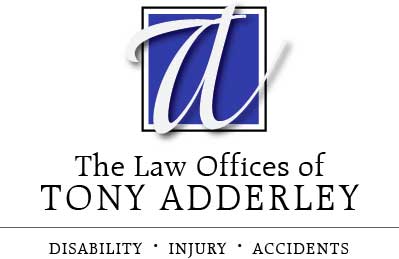You just opened the doors of your small business. You’ve got a sizable staff so you purchased workers’ compensation insurance, and now, the worry sets in. Because you’ve heard about workers’ comp fraud, and perhaps even have friends who have fallen victim to it in their business, your concern surrounding it becomes as valid as it is worrying. Irrespective of whether you have created an LLC in New York or you formed a Corporation in Delaware, for any company that has a sizeable number of employees and purchases some form of workers’ compensation insurance, there is always that possibility that you might fall victim to fraud.
The first thing to know is that workers’ comp fraud is a legitimate issue that costs business owners billions of dollars each year. A second thing to know is that workers’ comp fraud is considered a criminal activity and can result in prison time for the perpetrator.
Generally speaking, there are two kinds of workers’ comp fraud; the first being claim-related fraud, which concerns an employee either falsely claiming that he/she has obtained a work-related injury where they have not, or an employee exaggerating an existing injury in order to get workers’ comp benefits or payout. The second categorization of fraud, referred to as policy-related fraud, involves the employer (policyholder) inaccurately reporting payroll or incorrectly classifying employees in order to obtain a cheaper policy. Both kinds of fraud are highly detrimental to the health of your small business and can result in higher premiums as well as increased scrutiny towards legitimate incidents that occur in the future.
As the owner of your small business, it is easy, however unwise, to ignore the latter form of fraud. It is important to consider all fraud, even if you are the potential perpetrator, as accidents do occur, and an accident in this area can have severe and unforgiving consequences. In accordance with that, it is vital to maintain accurate and up-to-date business records at all times. This might mean weekly or bi-weekly audits, checking and double-checking that you are properly classifying the jobs your employees are performing (as high or low risk) and tracking the jobs, hours, and payments performed by contractors or part-timers. Dallas-based businesses can have a Dallas small business lawyer can help streamline this process, while businesses in other cities across the country will do well to find a similarly local attorney.
If you keep a close enough eye on all business-related paperwork, and especially if you make sure that you are correctly classifying the jobs your employees are performing, you should be able to avoid accidental policy-fraud, saving you and your small business hundreds, or even thousands of dollars in fines, which is not the kind of setback your small business needs.
In terms of policy-related fraud, there are a few things you can do to set yourself up for success from the start. The key to this is employing people you trust. This may seem like a difficult task, yet there are a few simple steps you can go through to increase your chances of hiring the most trustworthy people. The first, and perhaps most important thing you can do, is to perform stringent, thorough background checks. Call the list of prior work on a resume and determine from what you hear if the person in question is trustworthy. Look for any inconsistencies on a resume such as a lack of dates or other specific information, including contact information for prior bosses. This is a potential red flag.
Once you cull through resumes, make your phone calls, and are narrowed down to your final few choices, hold in-person interviews and determine their trustworthiness in person. Here, gut feelings can help you out; if you don’t feel comfortable working with someone, you should not hire them.
Once you have hired an employee you believe is trustworthy, make sure to introduce a zero-tolerance policy on fraud. Make sure you openly, clearly, and consistently express your expectations related to general employee conduct, as well as regarding the proper use of workers’ compensation. It would be a good idea to compile a succinct paragraph concerning the rules regarding workers’ compensation and not only email it to your staff, but also paste it all around the workspace. (A business attorney is a worthwhile expense for this process). This way, you can rest assured that everyone knows their rights and limitations involving workers’ comp, as well as the consequences of fraud.
One of the largest steps you can take to combat the potential for workers’ comp fraud is to create an environment that morally discourages it. In this regard, your relationship with your employees is of paramount importance. Yes, it must be clear that you are the boss, yet the creation of a friendly, trusting environment will never hurt. Your goal here is to create a business setting where your employees do not fear retaliation for reporting fraud; something to consider that goes with this is the creation of several ways to report fraud, namely anonymous channels that help to increase the safety and security of a loyal employee.
Worker’s comp fraud has potentially lethal capabilities for your small business, but don’t get too worried about it. Simply set yourself up to avoid any clerical errors on your part and establish a trusting work environment with a zero-tolerance policy; this will ensure that no employee of yours ever tries to beat the system to come into some cash.

